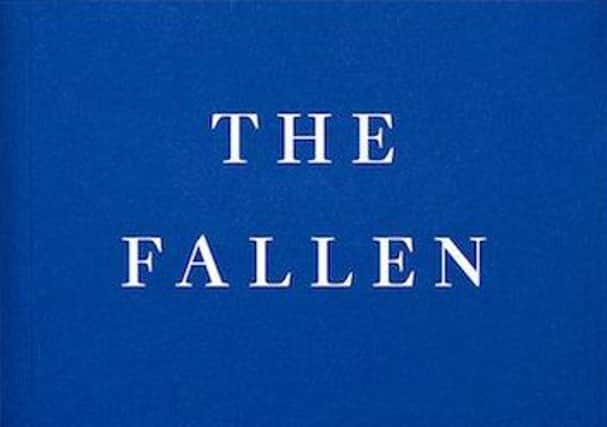Book review: The Fallen, by Carlos Manuel Álvarez


As he explained in an interview in The Scotsman in 2009, when David Simon, creator of HBO hit The Wire, left his job as a reporter on the Baltimore Sun in 1988 in order to write his non-fiction book Homicide, he was setting out to tell real-world stories in a richer, fuller, more nuanced way than the idiom of newspaper journalism allowed. Cuban journalist Carlos Manuel Álvarez’s new book The Fallen is fiction as opposed to non-fiction, but reading it you get the sense that he is perhaps driven by some of the same impulses that drove Simon.
On the face of it, the subject of The Fallen is fairly unremarkable: the gradual, apparently inexorable disintegration of a middle-class Cuban family. The father, Armando, is a hotel manager and committed to the revolutionary cause, but his career and standing are threatened by the actions of his more pragmatic daughter, Maria, also an employee at the hotel. His wife, Mariana, a former teacher, is becoming seriously unwell and is the regular recipient of unpleasant prank phone calls, while his son, Diego, is doing his national service, yet appears to have little time for the ruling communist regime.
Advertisement
Hide AdIn chapters which alternate between the perspectives of the four family members, Álvarez slowly and cleverly builds up a picture of a family unit on the brink of collapse. To begin with, it seems as if Armando and his clan are simply facing the kinds of challenges – health scares, financial worries – that might affect families anywhere. As the author adds additional layers of detail to his portrait of them, however, it becomes clear that there are much more serious issues rotting their relationships from the inside out.
The fundamental problem, Álvarez seems to be saying – and not just with this particular family, but with Cuban society in general – is that there is an almighty disconnect between the revolutionary generation represented by Armando and Mariana, happy to suffer for the cause, even during the euphemistically named “Special Period” following the collapse of the Soviet Union, and the more impatient, individualistic younger generation represented by Maria and Diego, who run the risk of being suffocated by the practical implications of their parents’ high ideals.
Although there are moments of delicious dark humour – the passage, for example, about certain neighbourhoods of Havana being allocated one telephone and one television, and families competing to prove themselves the most worthy recipients – The Fallen is, in the end, tragic, and surprisingly so, since for much its length the full facts of Armando’s situation are far from clear. The last few chapters, however, show a man struggling desperately to come to terms with the fact that the country he feels he has worked so hard to build is now thought of as an abject failure by his own children.
In one telling moment, Diego reflects that perhaps his father is guilty of “inoculating me with his positive energy, his moral code, his inexhaustible optimism, injecting me with a radioactive material that, on contact with the real world, simply exploded like acid in a burst battery and was transformed into frustration.” Roger Cox
The Fallen, by Carlos Manuel Álvarez, Fitzcarraldo Editions, 131pp, £10.99